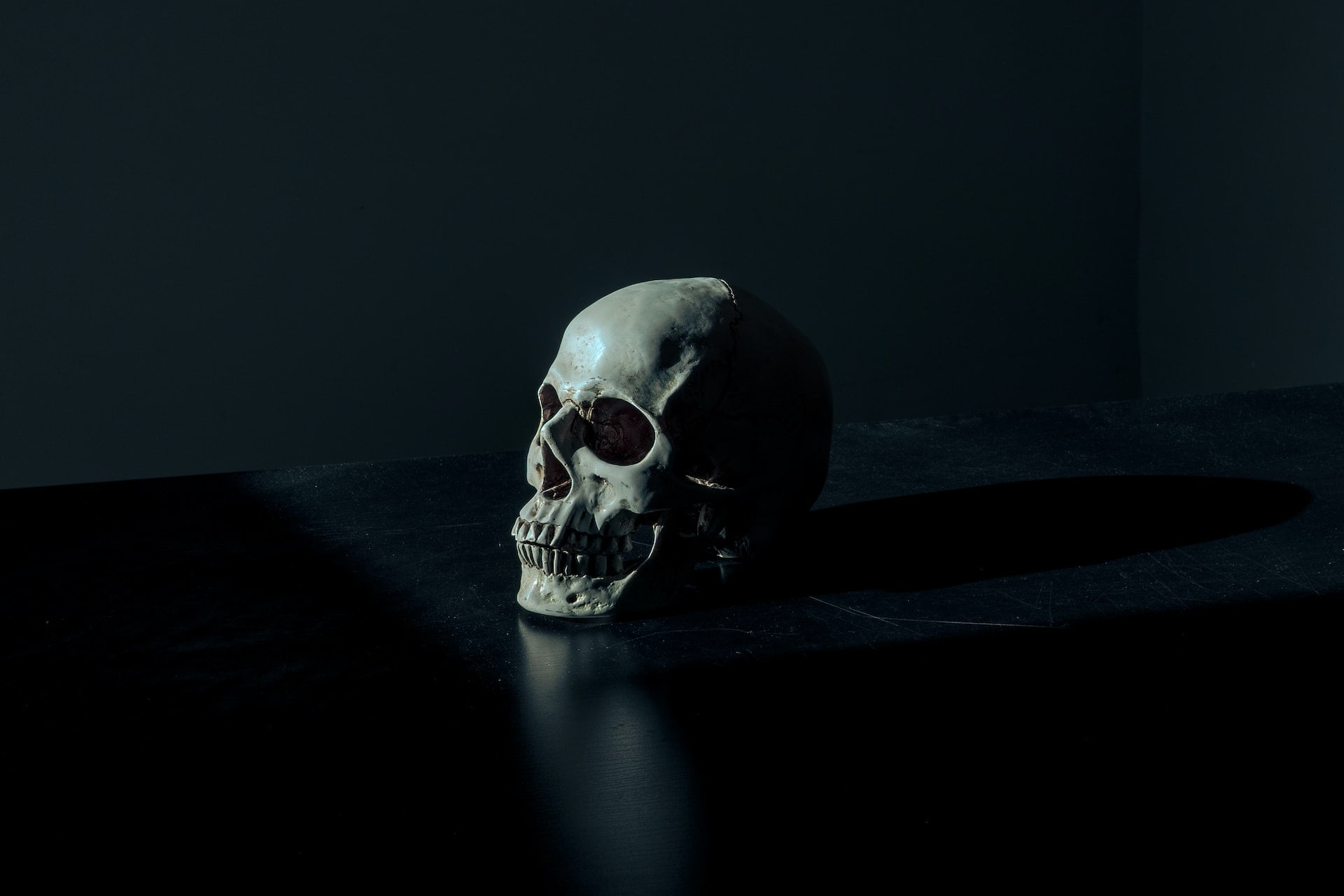
Thank you so much, Amma, for buying me all those horror books I loved growing up. I have fond memories of going to international book fairs in Kozhikode and spending hours searching for the perfect scare. Your support and encouragement meant the world to me, and I’m so grateful to have had the opportunity to explore the genre and discover so many excellent writers and stories. I can’t thank you enough for your love and support.
***
Growing up, I was an avid reader of horror literature. I devoured everything from Edgar Allan Poe’s spine-tingling tales of madness and death to Stephen King’s gut-wrenching depictions of evil and the supernatural. But it wasn’t just the thrill of being scared that drew me to these stories - it was how they explored the darkest depths of the human psyche and how we confront and overcome our fears.

One of the first horror books I read was Dracula, written by Bram Stoker. The story of Count Dracula, a vampire who preys on the blood of the living, left a lasting impression on me. What made the novel, so enduring was not just the creepy atmosphere and the terrifying creature at its center but the way it explored themes of good versus evil, faith, and the power of the human spirit.
The next one I recall is The Phantom of the Opera, written by Gaston Leroux. The story of the disfigured Phantom who haunts the Paris Opera House, and the young singer he becomes obsessed with, had an eerie, gothic vibe that stayed with me long after I finished the book. The Phantom’s tragic backstory and the twisted love triangle at the story’s heart made it a haunting and memorable tale.
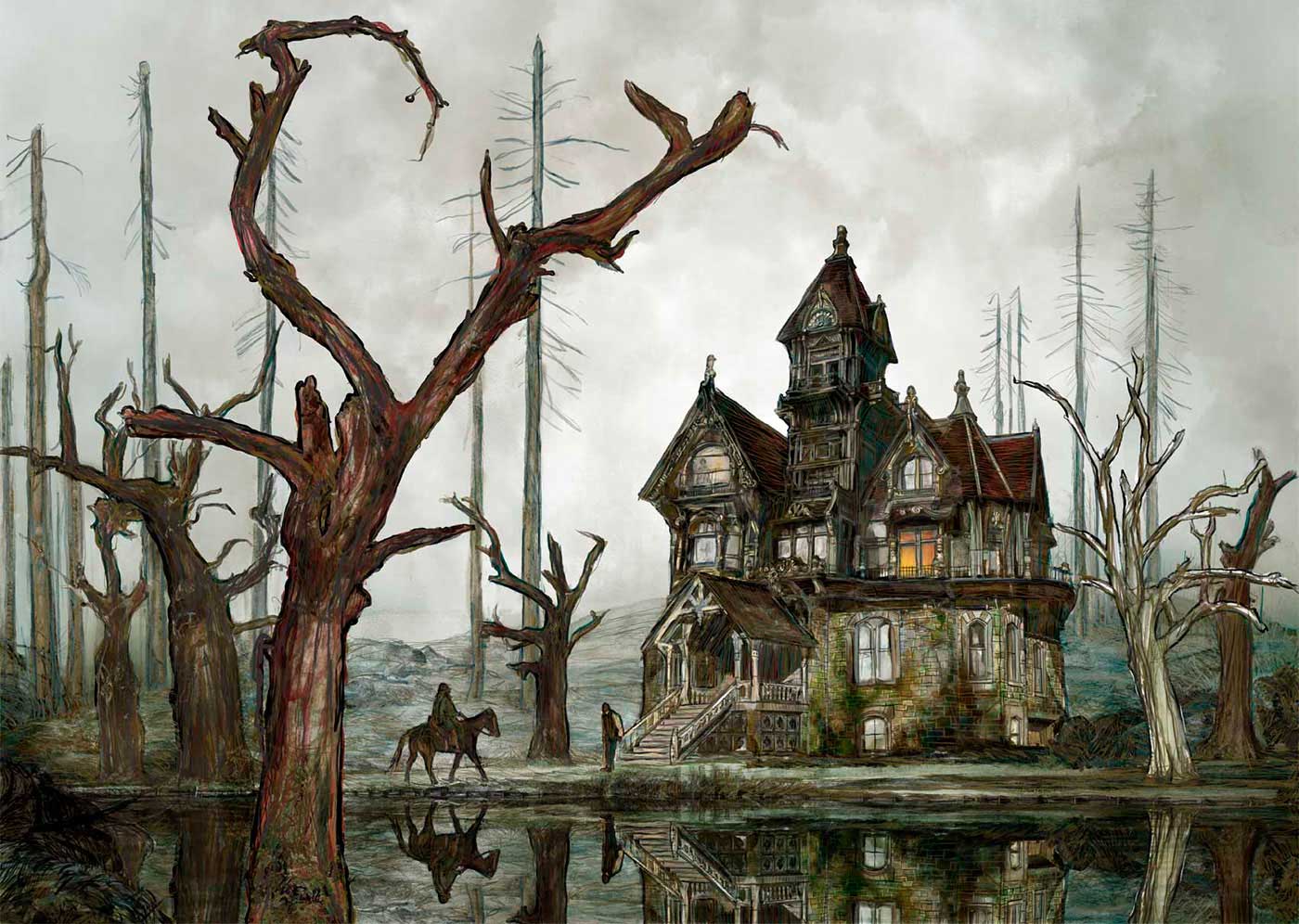
Later I encountered Edgar Allan Poe’s works. Known for macabre poems and short stories, Poe’s works haunt and fascinate readers. His most famous works, such as “The Tell-Tale Heart” and “The Fall of the House of Usher,” delve into the twisted minds of murderers and their descent into insanity. But it’s not just the gory details that make Poe’s work so enduring - it’s how he uses language to create a sense of dread and unease, painting vivid and unsettling images in the reader’s mind.
H.P. Lovecraft is another horror writer who has had a lasting impact on me as a reader. I discovered his work as a teenager, and “Pickman’s Model” was one of the first Lovecraft stories I read. The tale of a painter who creates gruesome, lifelike images of monsters and the supernatural, “Pickman’s Model,” gave me several nightmares and left a lasting impression.
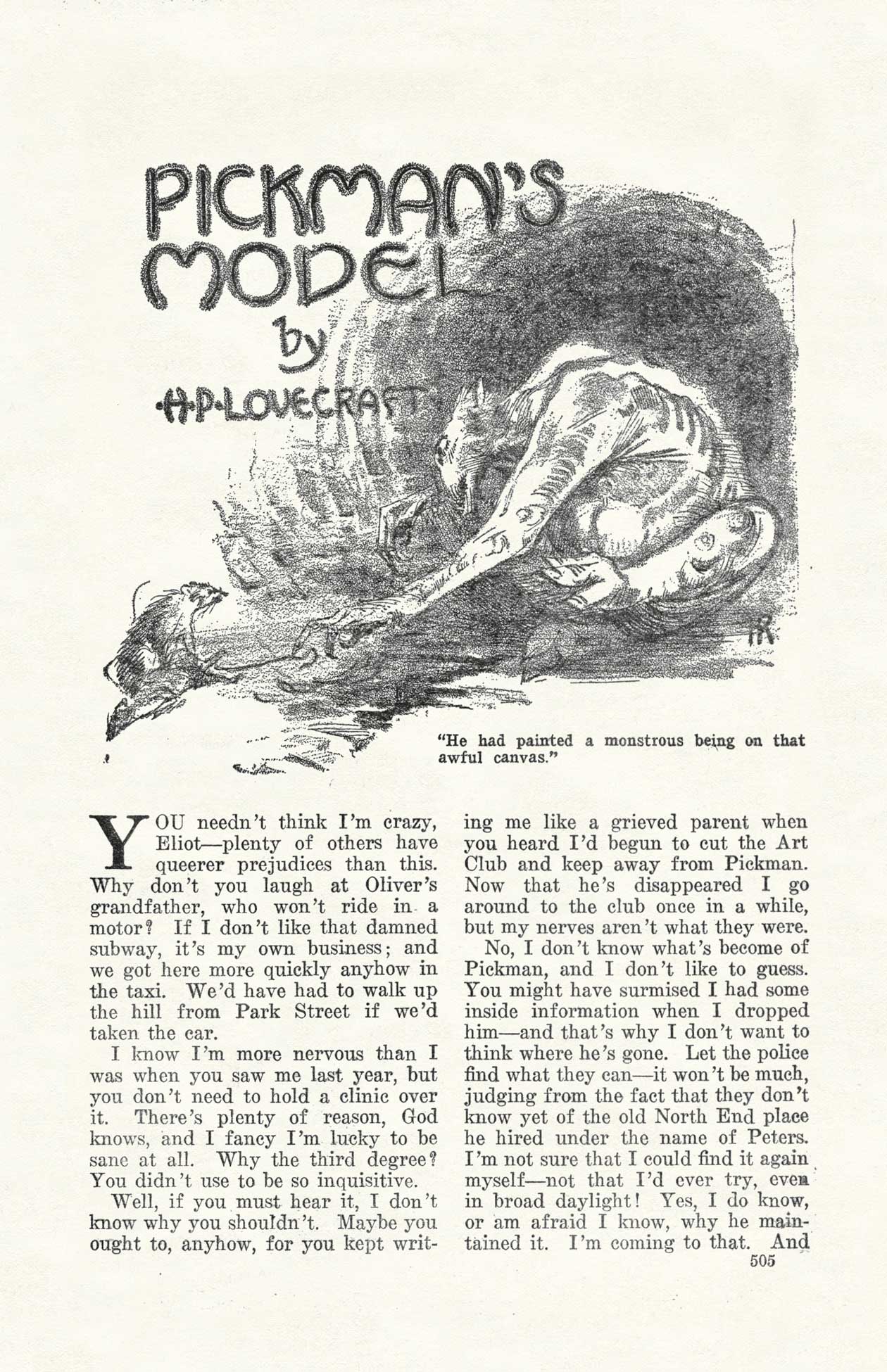
I love how Lovecraft’s work creates a sense of cosmic horror and the unknowable. His stories often deal with ancient, eldritch deities and forces beyond human understanding, and the characters who encounter these entities are left grappling with madness and despair. Lovecraft’s writing is also known for its dense, ornate style and use of ancient, obscure words and phrases, which adds to the sense of otherness and the alien quality of his stories.
While Lovecraft’s work is not for everyone (his writing can be dense and challenging to get through at times), I have always been drawn to his unique vision, the way he explores the limits of human understanding and the horror that lies beyond. His stories have impacted me, and I will always enjoy his work.

Stephen King is another horror writer who has profoundly impacted me. From his early novels, such as “Carrie” and “The Shining,” to his more recent works, such as “The Outsider” and “The Institute,” King has an unparalleled ability to craft compelling, multi-faceted characters and to weave together complex, interwoven plots. His stories often deal with ordinary people facing extraordinary circumstances and struggling to survive and overcome their fears.
Of course, it’s not just male horror writers who have made their mark on the genre. Mary Shelley’s “Frankenstein” is a classic of horror literature, exploring themes of hubris and the consequences of playing God.
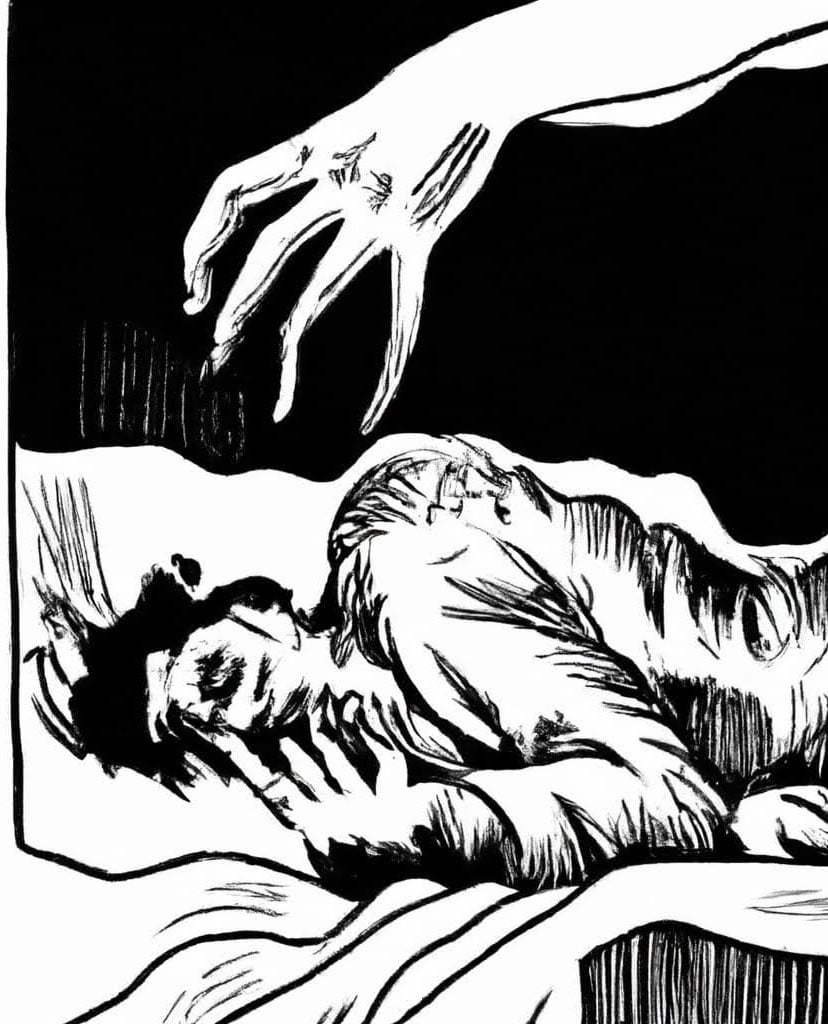
And Mary Cholmondeley’s “Let Loose” is a chilling tale of a woman who is driven to madness by losing her child, with a twist ending that will leave you gasping.
As I grew older, my taste in horror literature broadened to include a broader range of writers and styles. I discovered the works of Shirley Jackson, whose psychological horror tales, such as “The Lottery” and “The Haunting of Hill House,” explore the disturbing undercurrents of small-town life. I also became a fan of writers like Neil Gaiman and Clive Barker, whose imaginative, fantastical worlds are filled with monsters, magic, and the supernatural.
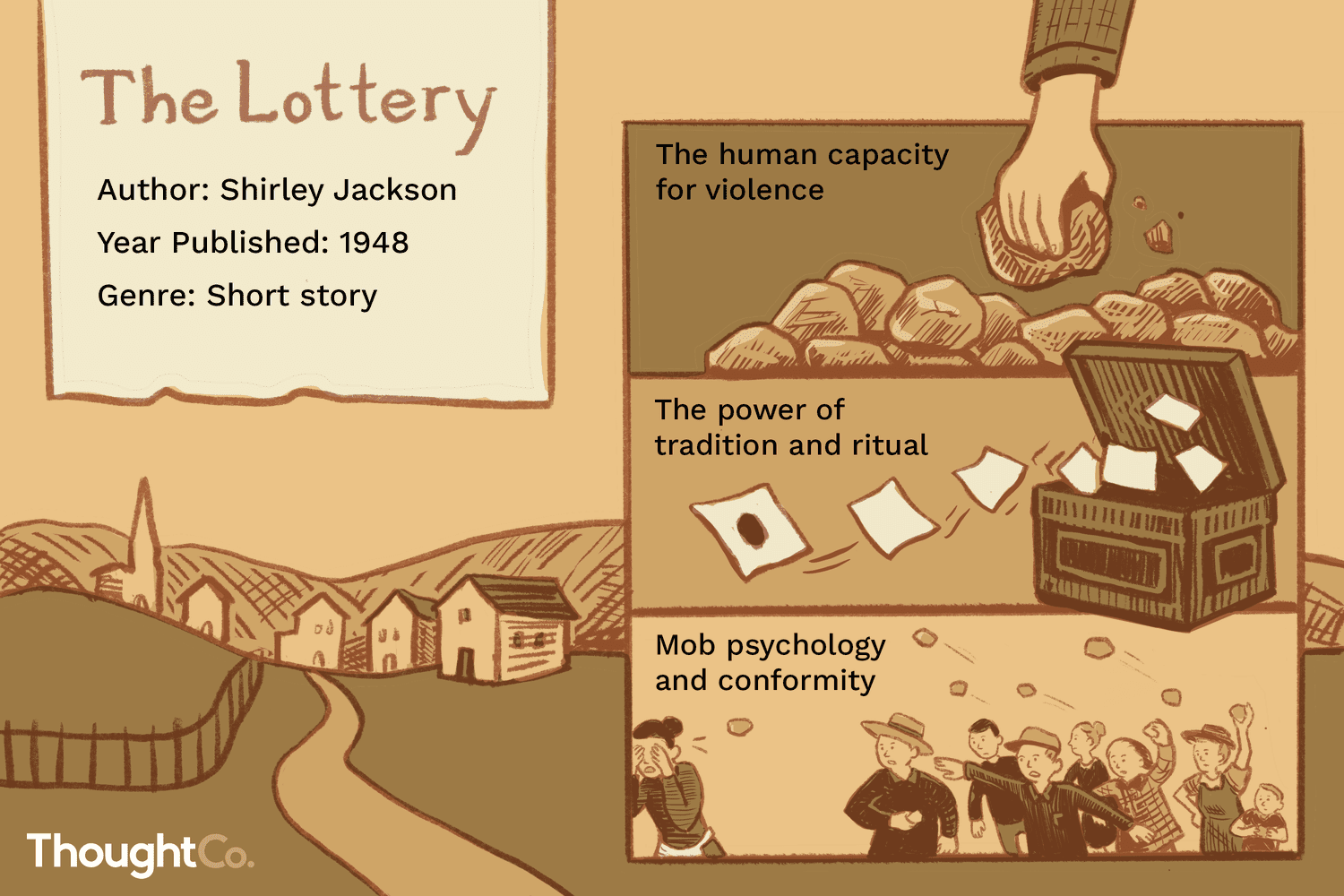
Reading horror literature has not only been a source of entertainment for me, but it has also been a way to confront and explore my fears. Whether it’s the fear of the unknown, the fear of death, or the fear of the monstrous within ourselves, horror stories allow us to confront these fears in a safe and controlled way. They help us to understand that we are not alone in our fears and that there is always a way to overcome them.
Epilogue
Horror literature has been an integral part of my life. I will always be drawn to the genre for its ability to explore the darkest corners of the human experience and to help us confront our fears. From Edgar Allan Poe's gothic horror to Stephen King's modern horror, countless writers have left their mark on the genre, and I am grateful to have discovered their works.